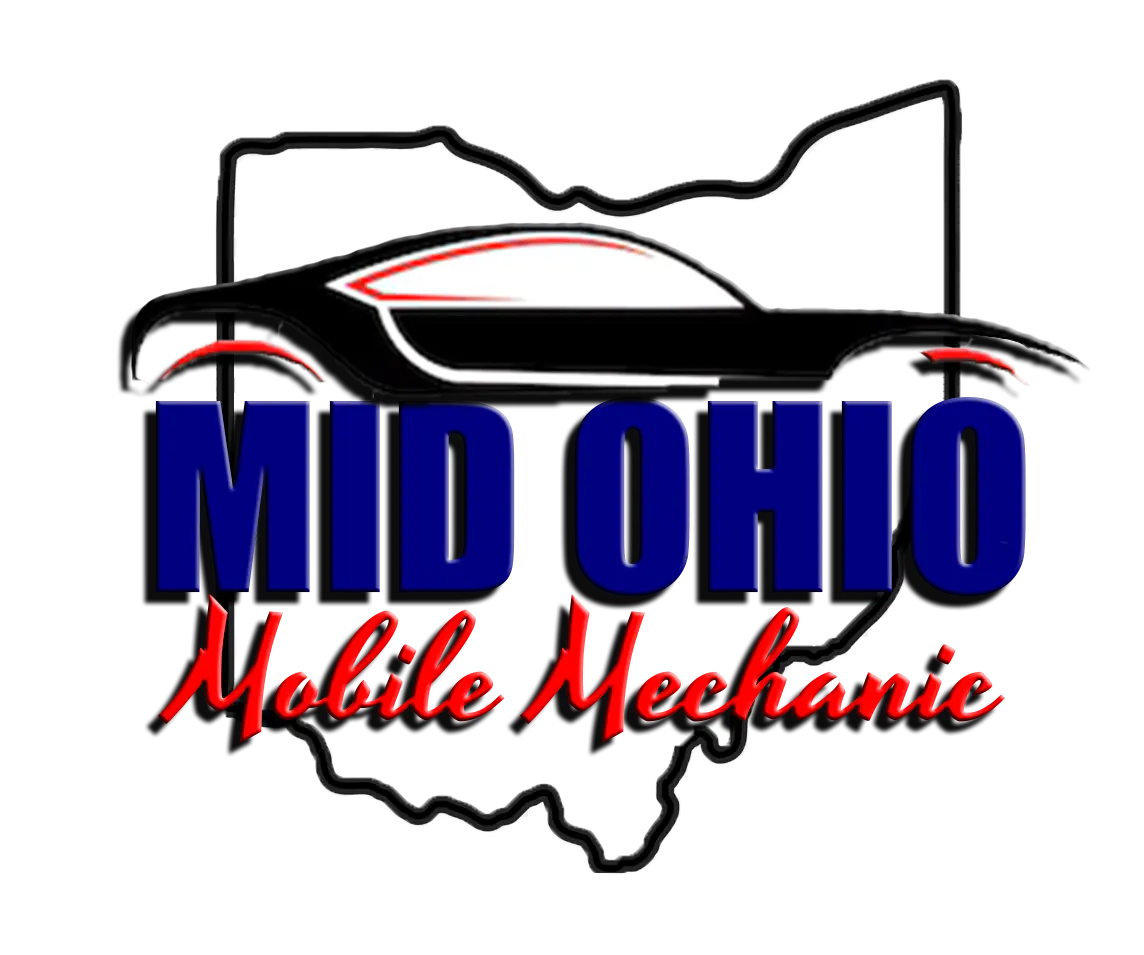It’s happened to all of us … you’re driving along and suddenly you hear that sound … a squeal, clunk, click, or something you’ve never heard before. Maybe you convince yourself it’s “just fine,” but at our Tempe auto repair shop, we know that many strange car sounds are your vehicle’s way of sending a warning.
Here, we’ll help you decode common strange car sounds, what they likely mean, and when you should schedule an appointment at your local auto repair shop (hint: sooner is often better).
Related podcast: What’s That Noise? Your Guide to Spooky, Scary Car Sounds (and What to Do About Them!)
5 Strange Car Sounds: What You Hear and What the Sounds Could Mean
1. Squealing or high-pitched whine when you start up or accelerate
What you hear: A high-pitched squeal right after you start the engine or upon acceleration, especially when cold.
What it might mean:
- A slipping accessory belt (serpentine belt) or worn belt tensioner
- A failing alternator bearing or other pulleys
Why it’s important: Most belt or pulley noises start small, but if ignored, they can lead to belt breakage. Unfortunately, this can leave you stranded with no power steering, no charger, or worse.
When to call your mechanic: If the squeal happens repeatedly, gets worse when accelerating or turning on accessories (AC, lights), schedule an inspection sooner than later. Your mechanic can check the belt condition, tensioner, pulleys and potentially prevent a roadside emergency.
2. Clunking or banging when you hit a bump or turn
What you hear: A heavy “thud”, clunk, or banging sound when going over speed-bumps or negotiating a turn.
What it might mean:
- Worn suspension components—ball joints, tie rods, struts/shocks
- Steering rack or mounting issues
Why it’s important: Suspension/steering issues can escalate quickly. They impact handling, tire wear, and in the worst case, safety.
When to call your mechanic: If you can replicate the sound at low speeds, such as when turning into a driveway or hitting a small bump, bring your vehicle to your preferred auto repair shop. Your mechanic can test the components, check alignment, examine steering links, and recommend repairs before things get worse.
3. Grinding when braking
What you hear: A harsh, metallic grinding sound when you brake, especially at the end of the pad life or if a pad is failing.
What it might mean:
- Brake pads worn down to the metal backing plate
- Rotor damage or caliper not releasing properly
- Why it’s important: The longer you wait, the more damage to rotors, and possibly the caliper, which increases repair cost significantly.
When to call your mechanic: If you hear grinding even once, don’t wait. Schedule brake service so your mechanic can measure pad thickness, check rotor condition, inspect calipers and guide you on whether a pad-replacement or a full brake job is necessary.
4. Knocking or tick under the hood, especially when the engine is cold
What you hear: A tapping or ticking sound coming from the engine area after start-up, sometimes fading once warm.
What it might mean:
- Low oil pressure or low oil level (especially if engine was run low)
- Worn valvetrain components (lifters, camshaft) or exhaust manifold bolts
Why it’s important: Engine knock or excessive ticking can indicate internal damage. Ignoring it can lead to major engine failure.
When to call your mechanic: If the sound persists past warm-up, or if you notice performance loss or oil light issues, schedule an engine diagnostic right away. Early intervention may be cheaper than full engine repair.
5. Hissing or whistling while driving or accelerating
What you hear: A consistent hissing (sometimes high-pitch) emanating from under the hood or near the wheel wells.
What it might mean:
- Vacuum leak in the intake system
- A leak in a turbo or supercharger (if you’re driving a boosted engine)
- A failing exhaust gasket or cracked intake manifold
Why it’s important: Vacuum or exhaust leaks affect engine efficiency, emissions, and may trigger check engine lights. They also can increase fuel consumption or cause driveability issues.
When to call your mechanic: If you hear this hissing especially on acceleration or while idling, schedule an appointment for a diagnostic. Your mechanic will pressure-test the system, find the leak source, and repair it before it causes a bigger issue.
Why You Shouldn’t Ignore Strange Car Sounds
At Good Works Auto Repair, we believe listening to your vehicle and acting sooner rather than later can save you money, frustration, and time. That’s because strange car sounds often start out as something small but can escalate very quickly into bigger, more expensive repairs.
Here’s what to expect when you bring your vehicle to our Tempe auto repair shop after hearing odd noises:
- A technician will listen to and/or replicate the sound you heard (bring a video or recording of the sound if you can).
- We’ll inspect the likely source of the sound (belts, brakes, suspension, engine, etc.).
- You’ll receive a clear explanation of what’s going on and an estimate of repair urgency.
- We’ll help you prioritize (what must be fixed right away vs. what can wait), so you get safe and reliable driving without surprise auto repair bills.
The bottom line is that if your car starts making strange sounds or doing something you’ve never heard before, don’t dismiss it as “just age.” Your vehicle uses sound to communicate trouble. Whether it’s a squeal, clunk, grind, knock, or hiss, each has a likely cause and a correct time to act.
At Good Works Auto Repair, we’re ready to help diagnose and fix those strange noises before they become major headaches. Give us a call or schedule an appointment today — it’s worth your peace of mind and driving safety!
The post Don’t Ignore That Noise: What Strange Car Sounds Mean appeared first on Good Works Auto Repair Tempe.
